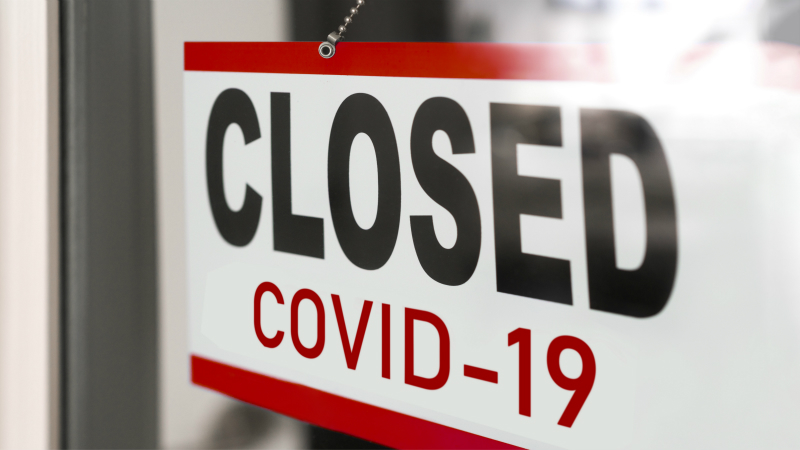Your Immigration Status and Unemployment Benefits in California during the COVID 19 Crisis
Your Immigration Status and Unemployment Benefits in California during the COVID 19 Crisis (and can your medical care during the COVID 19 crisis make you inadmissible)
As we are all aware, California is under lockdown and stay safe provisions whereby only essential workers, such as healthcare and supermarket employees, are allowed to work. As a result, our economy has entered a recession with a record number of employees being laid off or furloughed leading to a record number of unemployment claims.
The question is, if I am not a U.S. citizen, can I claim unemployment? Will it affect my ability to become a permanent resident and/or a U.S. citizen even if I can claim unemployment? Does unemployment constitute a public charge under immigration laws?
1. Can I claim unemployment?
In California, in order to claim unemployment, one central question is can you be employed if you were offered a job? If the answer is “yes,” you can receive unemployment compensation.
What this practically means is that you are either a permanent resident (who automatically has a legal right to work), or you otherwise have legal status to work, i.e., have a work permit, although you are not a citizen, or permanent resident. Examples would be asylees, refugees, individuals who have been granted withholding of removal; people awaiting adjudication in Immigration Court who have qualified for a work permit. These individuals have a right to work, but must obtain a work permit to do so.
Therefore, these individuals can receive unemployment benefits. So long as the work permit is valid, they would be able to be employed and therefore can obtain unemployment benefits.
Unfortunately, this also means that if an individual is out of status, even if the individual managed to hold a job despite not having a work permit, she will not be able to make a claim for unemployment because she does not have a legal right to work and could not work in the future.
2. Will receiving unemployment benefits prevent you from becoming a permanent resident or U.S. citizen? No.
In February 2020, this year, the present administration passed a new rule, stating that anyone who is classified as a “public charge” is inadmissible for certain immigration benefits. This includes individuals applying for permanent residence under a relative, or individuals attempting to enter the United States under an immigrant or nonimmigrant status. First of all, the public charge disqualification does not apply to permanent residents applying for citizenship.
Although this blog is not discussing all the ways someone can be classified a public charge, one often misunderstood condition is the use of public money. This can be in the form of Medicaid, food stamps, SNAP benefits, among others. However, what has been determined is that unemployment benefits are not classified as “public money” that would disqualify an individual as a “public charge”. Therefore, those individuals eligible to claim unemployment should do so. Unemployment benefits are not a public charge for immigration purposes.
3. Public Charge and COVID 19 medical care – Medical care under such circumstances is not a Public Charge
As stated above, typically use of services like Medicare would be considered in determining an individual’s inadmissibility as a “public charge”, however, USCIS has stated that any individuals who receiving testing, treatment and preventive care (including a vaccine if one becomes available) for COVID-19 will not be considered in the public charge test, even if the treatment is provided or paid for by one or more public benefits, such as Medicaid, for example. Therefore, medical care paid for by public funds is not a Public Charge where individuals can show medical care was related to COVID 19 testing, treatment, or medical care.

